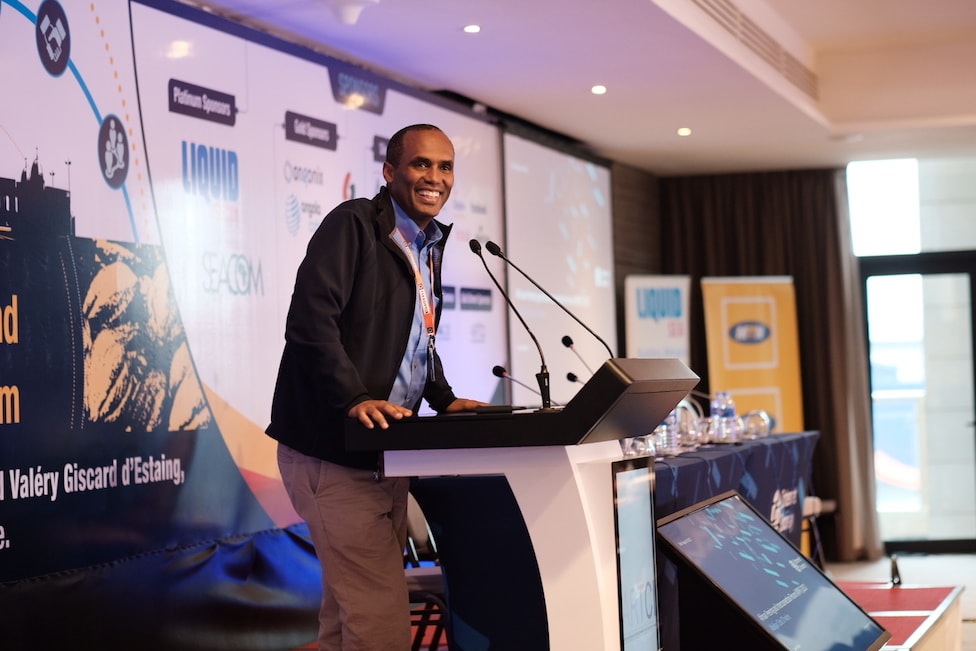Abidjan became the third West African city to hold the annual Africa Peering and Interconnection Forum (AfPIF), attracting top African and global players in the Internet ecosystem.
This year’s forum attracted 227 participants working in IXPs, ISPs, governments, content carriers, network providers, hardware providers, and software service providers among others. The meeting tool, which allows participants to discuss ways to exchange content, had 276 registered users who scheduled 170 meetings. Twenty networks introduced themselves during “Peering Introductions” session, held every day. This year there were 23 sponsors: Seacom, Liquid Telecom, Angonix, Angola Cables, De Cix, Linx, Adva, Afrinic, Akamai, Dolphin, Facebook, Flexoptix, France IX, Google, icolo.io, Main One, Netflix, Netnod, Yahoo, Medalion, MTN, Teraco, and ARTCI.
Getting more statistics
Research conducted by PCH reinforced the fact that most peering agreements have no formal agreement. The study done in 2016 found that 99 per cent of peering agreements in 148 countries were through a handshake. The study asked questions such as: are there formal agreements, is the peering arrangement symmetrical, is the content is IPv6 or IPv4, and what are the laws governing the agreement. Out of the 1,935,822 agreements, 49 percent comprised of matching peers, meaning it was easy to tell if both parties understood the peering arrangement well.
Russia had the highest IPv6 traffic, followed by Ukraine and the United States. Russia also had the highest domestic agreements with 57%, Britain had 33%, while Germany had 17%.
The Africa IXP Association (Af-IX) has also been collecting data, in order to enrich conversations around the level of content exchanged locally through the IXPs and the amount of money being saved; currently, the region is exchanging 234 Gbps locally. Research conducted in 2016 showed that the number of IXPs has risen to 38; JINX in South Africa is the oldest, set up in 1996, while Djibouti, Togo, and Madagascar are the latest.
The diversity of peers has improved over time; more IXPs have attracted content carriers, ISPs, government services, mobile networks, and private corporations. Ten IXPs are hosting at carrier neutral data centers with power back up, biometric, and fire suppression equipment in place.
Challenges of setting up IXPs
West and Central African countries have the lowest number of IXPs, because of a combination of challenges. Lack of local content was cited as the main reasons that local operators don’t peer at the exchange. The setup of Google Cache and root server copies has been identified as one of the ways to attract more peers to an IXP.
Cross border interconnection for IXPs to share content remains a challenge; for instance, Kinsasha and Brazaville are cities separated by a river and have not connected because of regulatory issues and lack of high content at the two IXPs. Togo, Benin, Ivory Coast, Ghana, and Nigeria are also exploring ways to exchange regionally relevant content more easily.
Governance structure, dedicated staff, availability of carrier neutral facilities with power back up, growth of local digital services, and growth in government online services has been identified as some of the way to make the IXP more attractive to local players.

